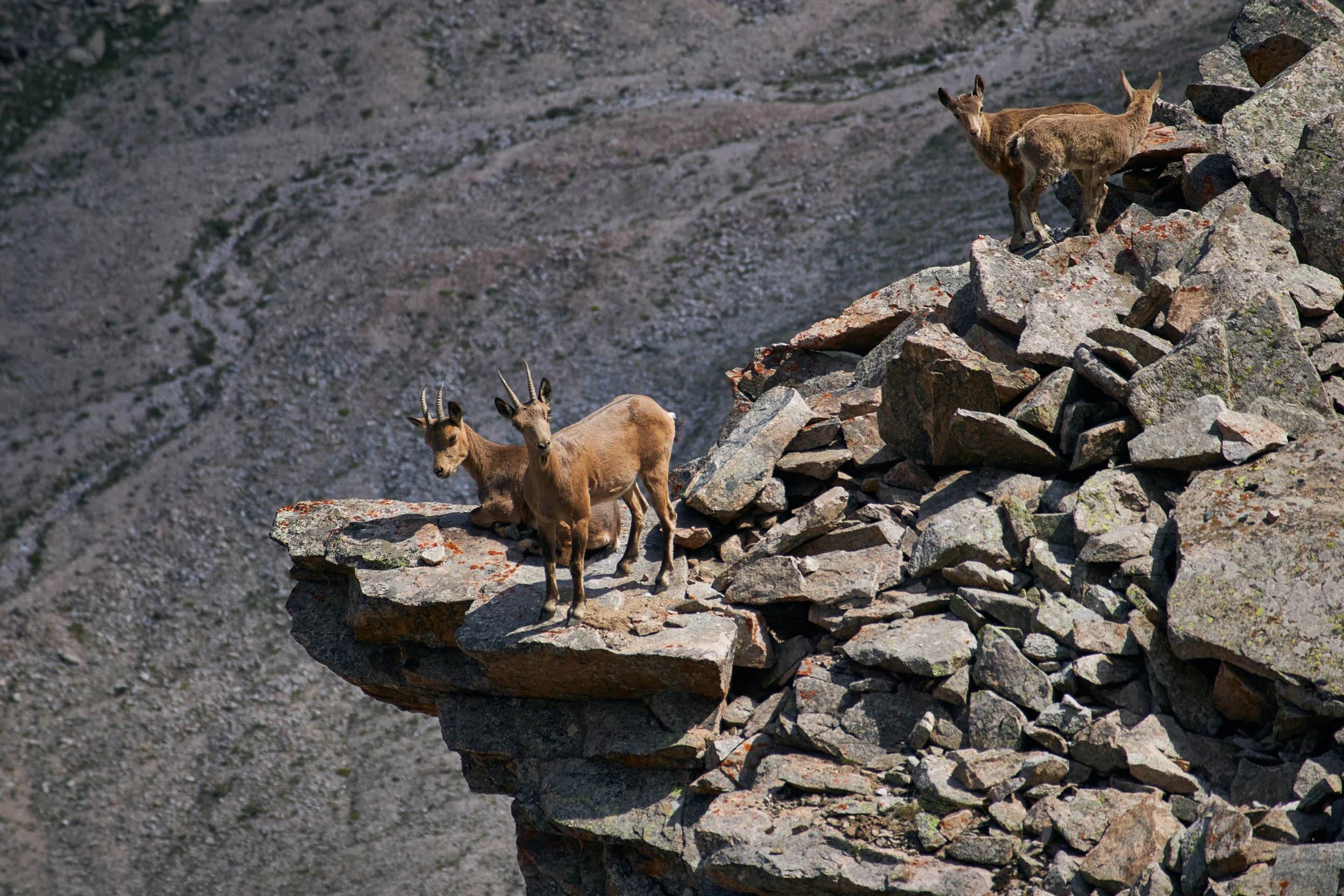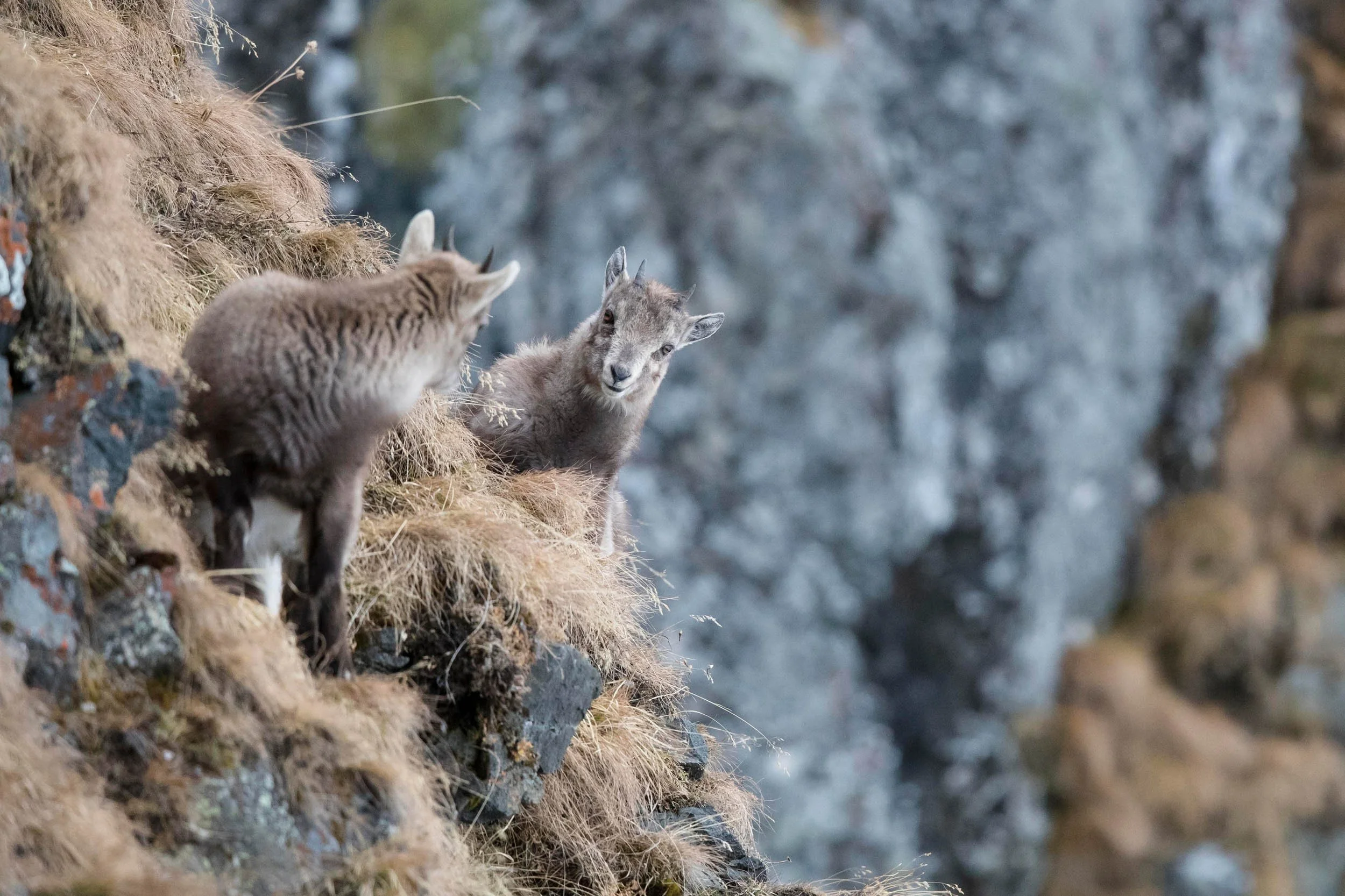Our Approach
A Model for Long-Term Conservation
By building revenue streams within our conservation efforts, we create a model that is not solely reliant on external funding alone. This ensures:
✅ Long-term financial stability for conservation projects
✅ Economic incentives for local communities to protect wildlife
✅ Scalable, impactful programs that grow beyond traditional funding limits
Our goal is to prove that conservation can be both mission-driven and financially sustainable—creating a future where wildlife, ecosystems, and local economies thrive together.
Hands-On, Results-Driven Conservation
At Wild Giants Conservation Fund, we believe in a proactive, hands-on approach to conservation. Instead of relying solely on traditional methods, we identify real-world challenges facing wildlife in a given area and take direct action to address them.
Community-Driven Conservation
We believe that long-term conservation success depends on local community engagement. By working directly with community leaders, we develop eco-tourism and sustainable conservation programs that provide economic incentives for wildlife protection. When local communities see the tangible benefits of conservation—whether through guided wildlife tourism, mountain and wilderness trekking, or conservation-driven hunting—they become active participants in protecting their environment.
Sustainable Breeding for Strategic Conservation
One of our core strategies is the establishment of sustainable breeding facilities. By breeding healthy, genetically pure animals, we can support the restoration of endangered species in strategic locations. These breeding programs allow us to reintroduce robust populations into protected areas, ensuring the long-term survival of key species such as the Bezoar Ibex, Caucasian Tur, and Caspian Red Deer. Further, this approach allows us to tag each animal released, allowing for crucial monitoring and research of remote animal populations.
The Role of Sustainable Hunting
In many areas, conservation minded hunting programs play a crucial role in funding conservation efforts and maintaining healthy animal populations. When managed properly, ethical hunting provides financial resources for conservation work, supports local economies, and gives wildlife a measurable value beyond poaching or habitat destruction.
One of the biggest challenges in conservation is balancing the needs of local communities with wildlife protection. In many rural areas, hunting creates jobs and economic opportunities, reducing the incentive for illegal poaching and habitat destruction.
Local communities benefit financially from hunting tourism, which helps them see wildlife as a valuable resource rather than a competitor for land or agriculture.
Studies show that areas where regulated hunting is allowed often have lower poaching rates than regions where hunting is banned but enforcement is weak.
We are building a self-sustaining model for wildlife conservation. We believe in approaches that balance wildlife protection, economic sustainability, and local community engagement—ensuring that endangered species thrive for generations to come.
Sustainable Conservation Through Revenue Generation
IAt Wild Giants Conservation Fund, we believe that true conservation success comes from self-sustaining, results-driven solutions. Traditional conservation efforts often rely on grants and donations, which can be unpredictable and limit long-term impact. That’s why we integrate strategic, revenue-generating activities into our model—ensuring that our mission is not only impactful but also financially sustainable for the future.
While outside donations and grants will always be an aspect of our strategy, our approach also focuses on turning conservation into an economic engine. By creating profitable, sustainable ventures around wildlife and habitat restoration, we ensure that conservation efforts continue to grow rather than remain dependent on outside funding.
Some of the ways we generate revenue to fund our mission include:
Eco-Tourism & Wildlife Experiences – From guided wildlife tours to conservation-based safaris, we create opportunities for visitors to experience and support rewilding efforts firsthand. Tourism revenue directly funds species reintroductions, habitat management, and community programs.
Sustainable, Conservation-Driven Hunting – The international hunting market is rapidly growing. We are approaching a point where demand is outpacing supply in many instances. Incorporating authentic, managed hunting experiences is a key tool in the belt of conservation. This approach has been proven to fund wildlife protection, curb poaching, and create economic incentives for local communities to support conservation rather than exploitation.
Breeding & Reintroduction Programs – Our breeding centers focus on genetically pure, healthy populations of keystone species, ensuring that animals can be reintroduced into protected areas or used to support sustainable conservation programs.
We are building a self-sustaining model for wildlife conservation. We believe in approaches that balance wildlife protection, economic sustainability, and local community engagement—ensuring that endangered species thrive for generations to come.




